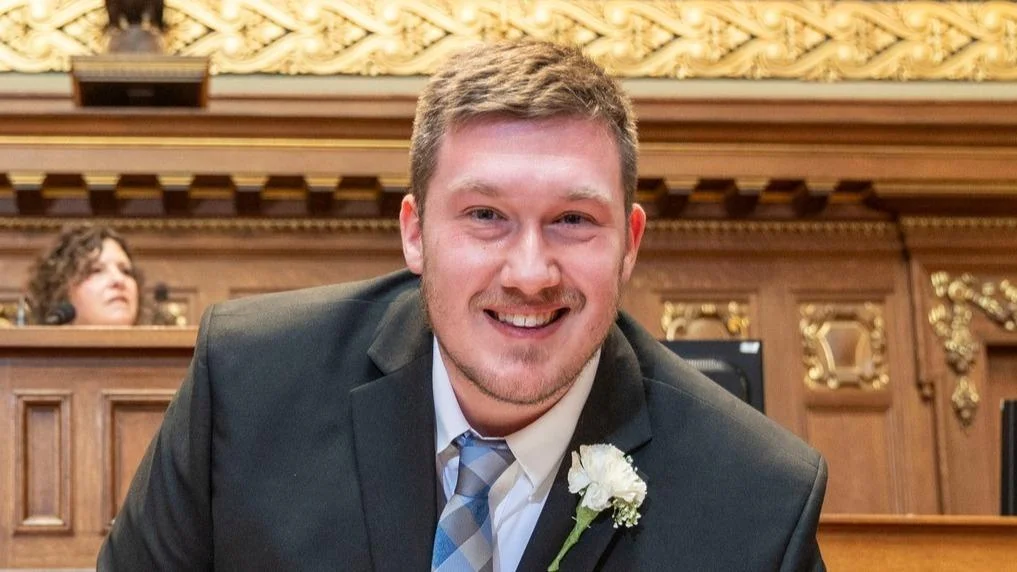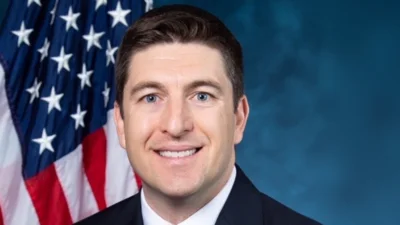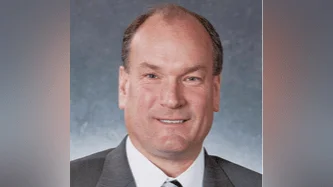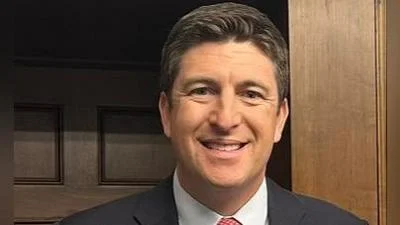Clinton Anderson, Wisconsin State Representative of 45th District | Facebook
Clinton Anderson, Wisconsin State Representative of 45th District | Facebook
According to the Wisconsin State Legislature's official website, the bill was described as follows: "small law enforcement agency grant pilot program. (FE)".
The following is our breakdown, based on the actual bill text, and may include interpretation to clarify its provisions.
In essence, this bill mandates the Department of Administration to implement a pilot program offering grants to small law enforcement agencies, defined as those employing 25 or fewer full-time equivalent nonsupervisory officers, to cover training costs for new officers. Agencies can apply if facing a 20% vacancy rate or when an officer is set to leave within six months. Grants fund both pre-service training and on-the-job costs for up to six months. Trainees must commit to one-year service post-training, with a prorated repayment required if they leave prematurely. The program ends 18 months after exhausting its funding.
The bill was co-authored by Sen. Jesse L. James (Republican-23rd District), Rep. Lindee Rae Brill (Republican-27th District), Rep. Brienne Brown (Democrat-43rd District), Rep. Calvin T. Callahan (Republican-35th District), and Rep. Ben DeSmidt (Democrat-65th District). It was co-sponsored by Sen. Brad Pfaff (Democrat-32nd District), Sen. Melissa Ratcliff (Democrat-16th District), and Sen. Mark Spreitzer (Democrat-15th District), along with 23 other co-sponsors.
Clinton M. Anderson has co-authored or authored another 68 bills since the beginning of the 2025 session, with none of them being enacted.
Anderson graduated from the University of Wisconsin-Rock County in 2016 with an AS and again in 2018 from the University of Wisconsin-Whitewater with a BS.
Anderson, a Democrat, was elected to the Wisconsin State Assembly in 2023 to represent the state's 45th Assembly district, replacing previous state representative Mark Spreitzer.
In Wisconsin, the legislative process starts when a senator, constituent, group, or agency proposes an idea for a bill. After drafting, the bill is introduced, numbered, and referred to a committee for review and public input. If approved, it moves through three readings and votes in both the Senate and Assembly. Once both chambers pass the same version, the bill goes to the governor, who can sign it, veto it, or let it become law without a signature. Only a small share of bills introduced each session ultimately become law. You can learn more about the Wisconsin legislative process here.
| Bill Number | Date Introduced | Short Description |
|---|---|---|
| AB360 | 07/17/2025 | Small law enforcement agency grant pilot program. (FE) |
| AB355 | 07/08/2025 | Right to bodily autonomy, elimination of certain abortion-related regulations, and coverage of abortion under certain health care coverage plans. (FE) |
| AB272 | 05/19/2025 | Eligibility for Family Care for individuals who are deaf-blind. (FE) |
| AB205 | 04/23/2025 | Serving maple syrup in a public eating place |
| AB142 | 03/17/2025 | Algorithmic software for residential housing, and providing a penalty |





 Alerts Sign-up
Alerts Sign-up